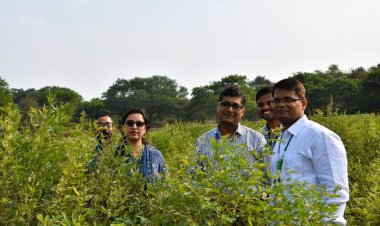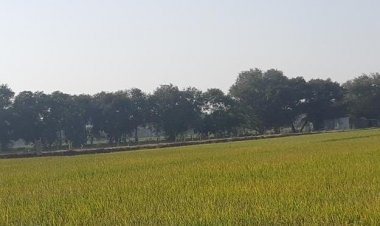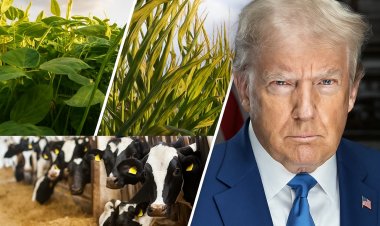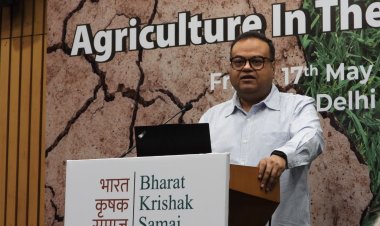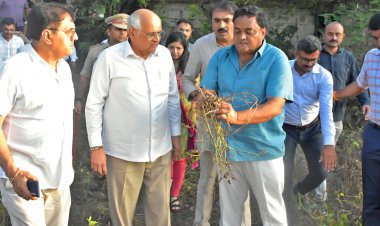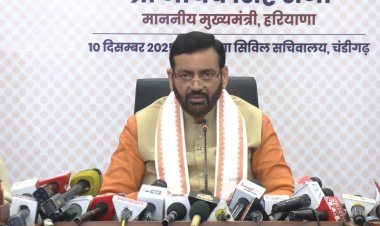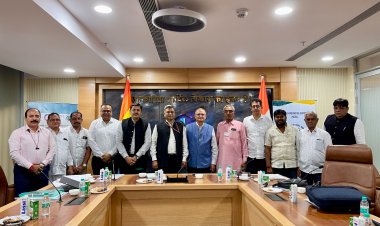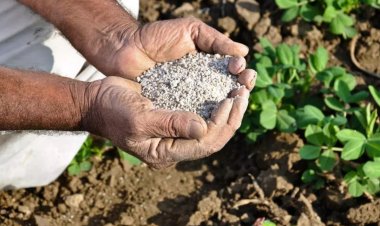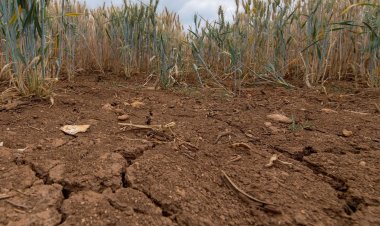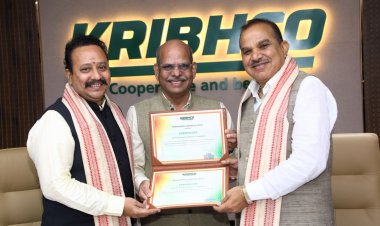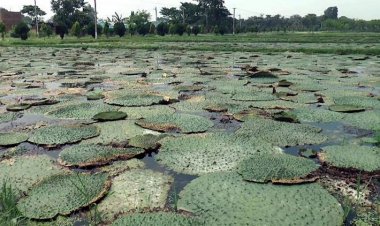Tata-Cornell Institute launches hub for FPOs to empower smallholder farms in India
In an effort to empower India’s 125 million smallholder farms to take advantage of growing opportunities in the agricultural sector, the Tata-Cornell Institute for Agriculture and Nutrition launched a Hub for FPOs within its Centre of Excellence in New Delhi.
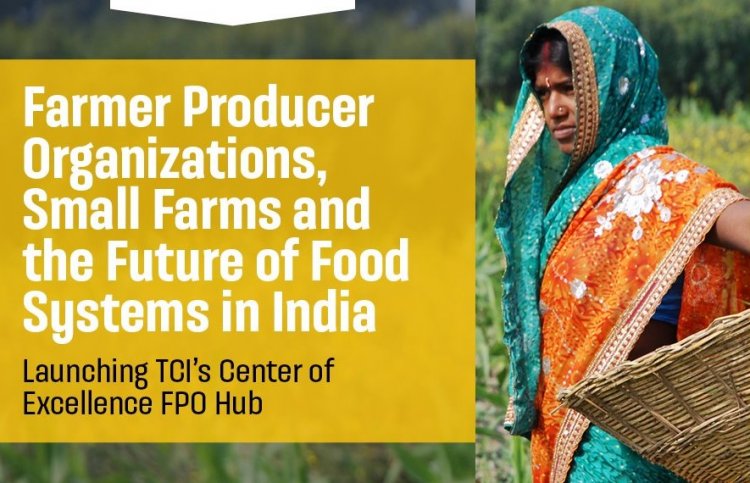
In an effort to empower India’s 125 million smallholder farms to take advantage of growing opportunities in the agricultural sector, the Tata-Cornell Institute (TCI) for Agriculture and Nutrition launched a Hub for Farmer Producer Organizations (FPOs) within its Centre of Excellence in New Delhi.
According to a TCI press release, the Hub features a first-of-its-kind database of Indian FPOs. Created with grant funding from the Walmart Foundation, it will serve as a repository of learnings, information, and knowledge for the advancement of FPOs in India.
Small farms are disadvantaged when it comes to accessing markets, credit, and agricultural inputs such as seeds. By joining together in FPOs, farmers work to jointly reduce costs and improve market access, helping to drive higher agricultural productivity, enhanced food security, and livelihood development.
Farmers have formed FPOs since the early 2000s. Though the interest in promoting FPOs is high among philanthropic actors, corporations and the government, there are still significant barriers to entry for many, including limited financing opportunities and the time required to become self-sufficient. In 2014, the Indian government began a renewed push to promote FPOs.
“Farmer producer organizations are crucial for both improving the livelihoods of smallholder farmers and increasing the supply of diverse, nutritious foods that are increasingly in demand across India,” said Prabhu Pingali, director of TCI and professor in the Charles H Dyson School of Applied Economics and Management, with joint appointments in the Division of Nutritional Sciences and the Department of Global Development in the College of Agriculture and Life Sciences (CALS). “Through the FPO Hub, TCI aims to provide a foundation of data-based knowledge on top of which strong, effective FPOs can be built and sustained.”
A critical part of the Hub is TCI’s Database for Indian FPOs, a new platform that brings together information on thousands of FPOs to facilitate research on small-farm aggregation models. TCI’s database is the only centralized source of data on Indian FPOs currently available. Through the interactive web-based dashboard, researchers can access a wealth of data on FPOs, such as crops produced, founding years, and sponsoring agencies. Ultimately, the data will allow researchers at the Hub to formulate models to boost smallholder farmer income and welfare.
“Bringing together data on the over 4,400 FPOs in India will facilitate research aimed at developing strong, effective FPO models,” Pingali said.
The newly launched FPO Hub is supported by a $1-million grant by the Walmart Foundation. Utilizing an analytical, data-based approach, the Hub will aid in the understanding, development and promotion of effective farm-aggregation models and serve as a dissemination platform through which stakeholders can access information, technical help, and guidance.
“The Walmart Foundation is committed to helping improve livelihoods for smallholder farmers in India. With the grant funding to the TCI, we are meaningfully advancing research into Farmer Producer Organizations, which serve as vital infrastructure for promoting market access and strengthening business and agricultural practices,” said Julie Gehrki, vice president of philanthropy at the Walmart Foundation. “With TCI’s expertise, the FPO Hub will connect multiple institutions who are directly engaged in supporting farmers and farm aggregators to strengthen the agri-value chain.”
To celebrate the launch of the FPO Hub, TCI hosted a virtual panel on September 1 to address the barriers faced by smallholder farmers and FPOs titled “Farmer Producer Organizations, Small Farms and the Future of Food Systems in India.”



 Join the RuralVoice whatsapp group
Join the RuralVoice whatsapp group

















